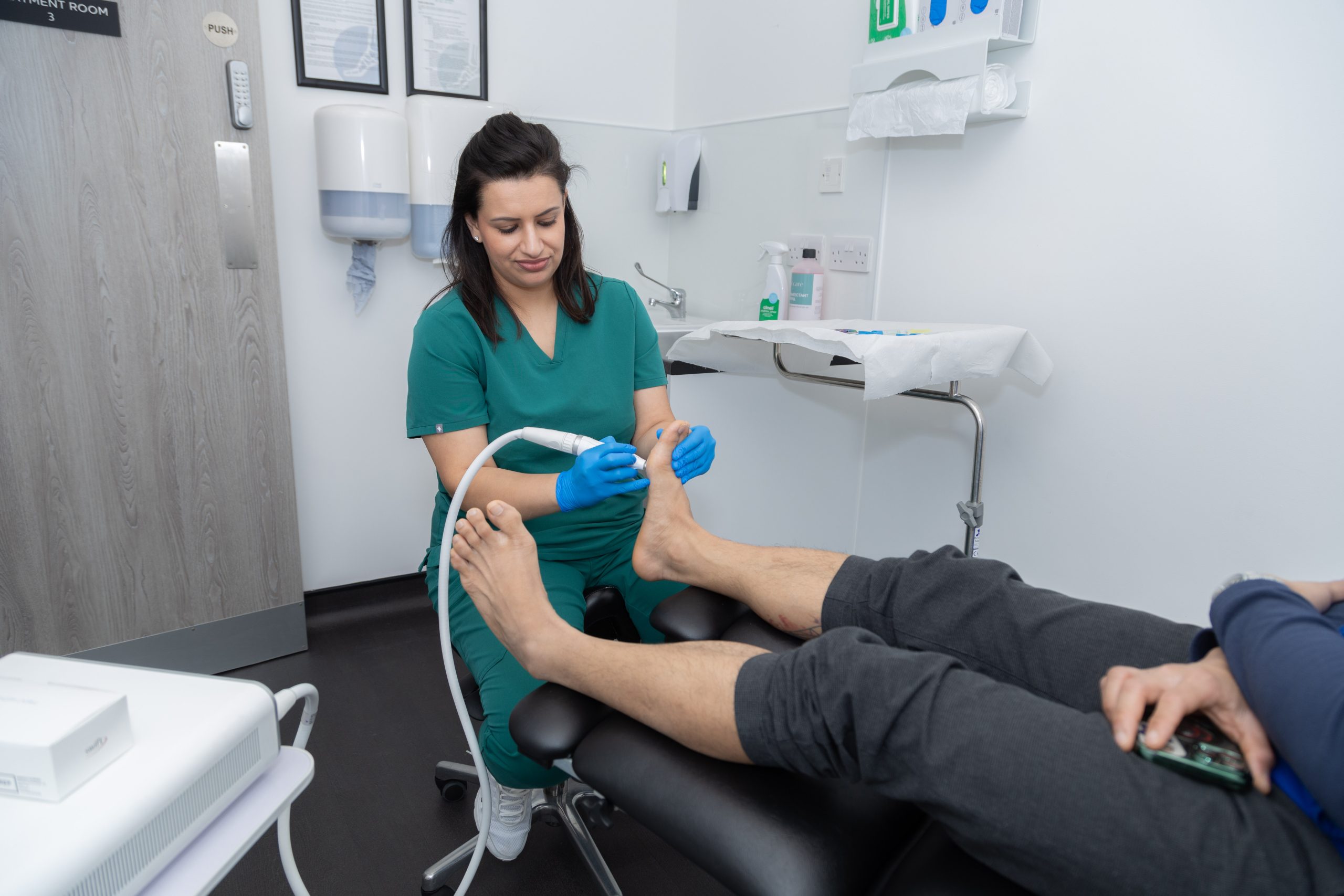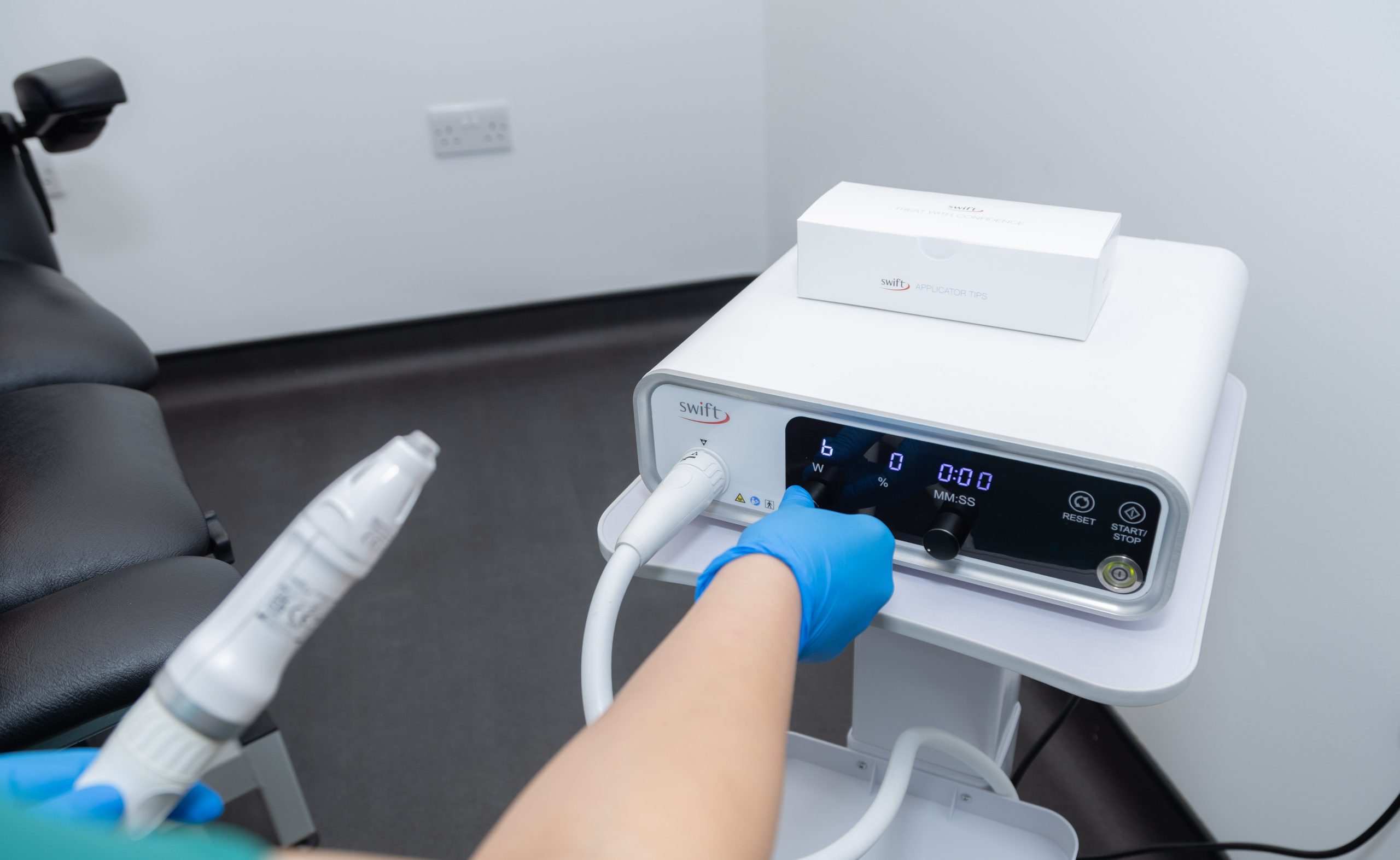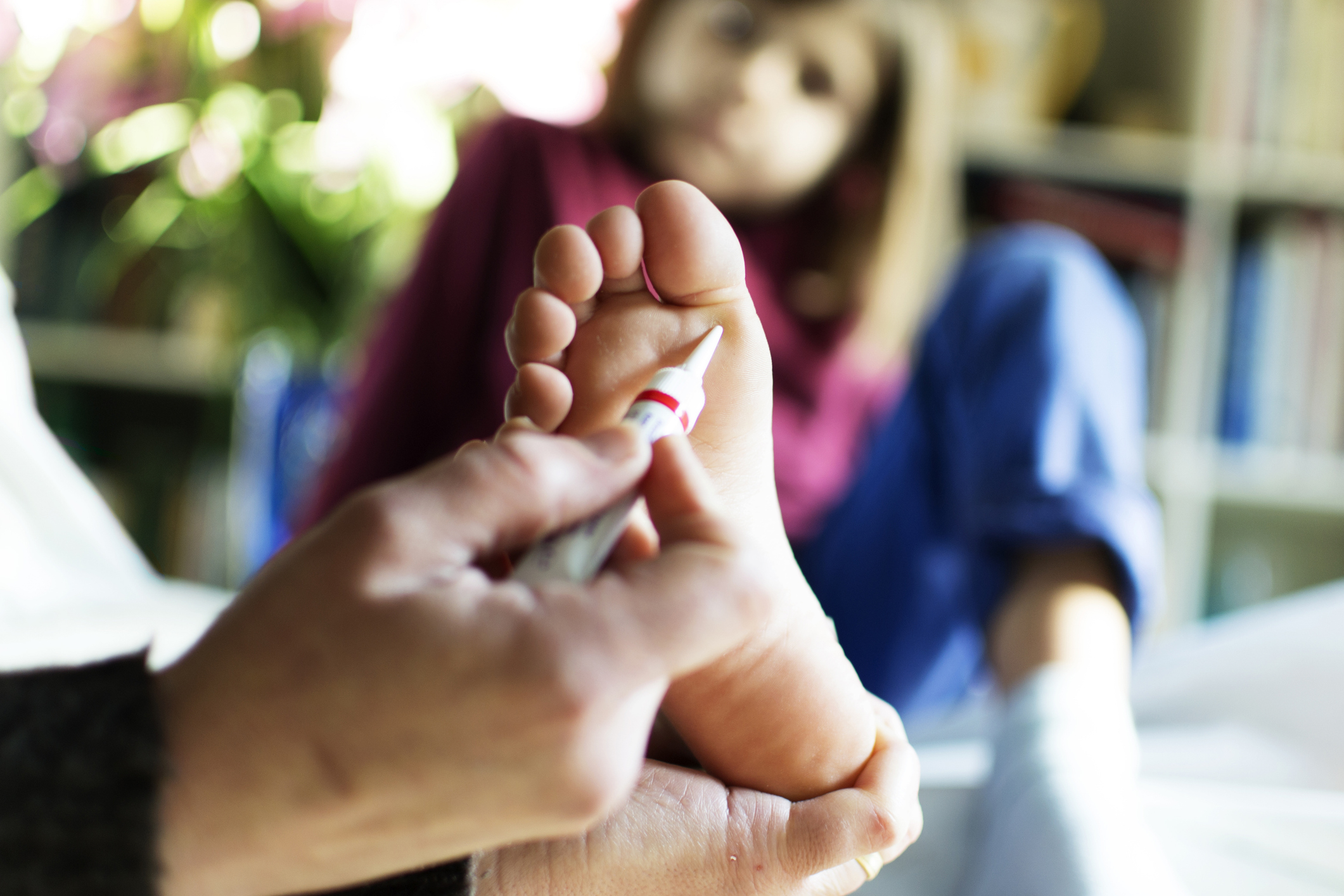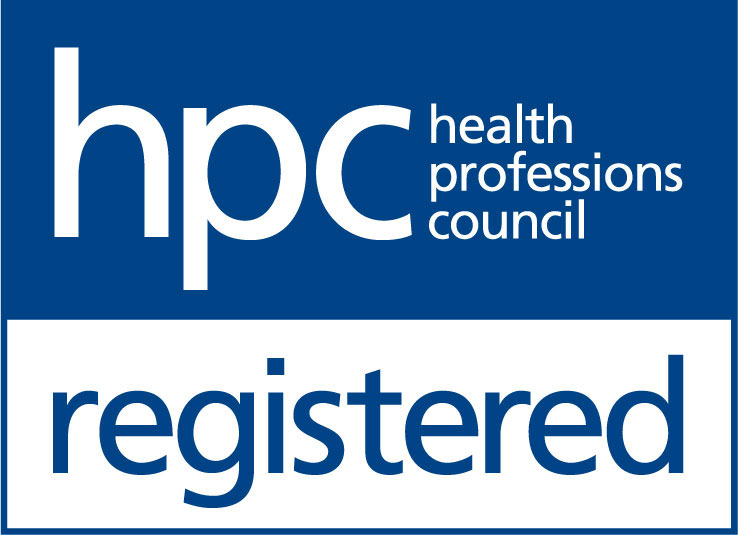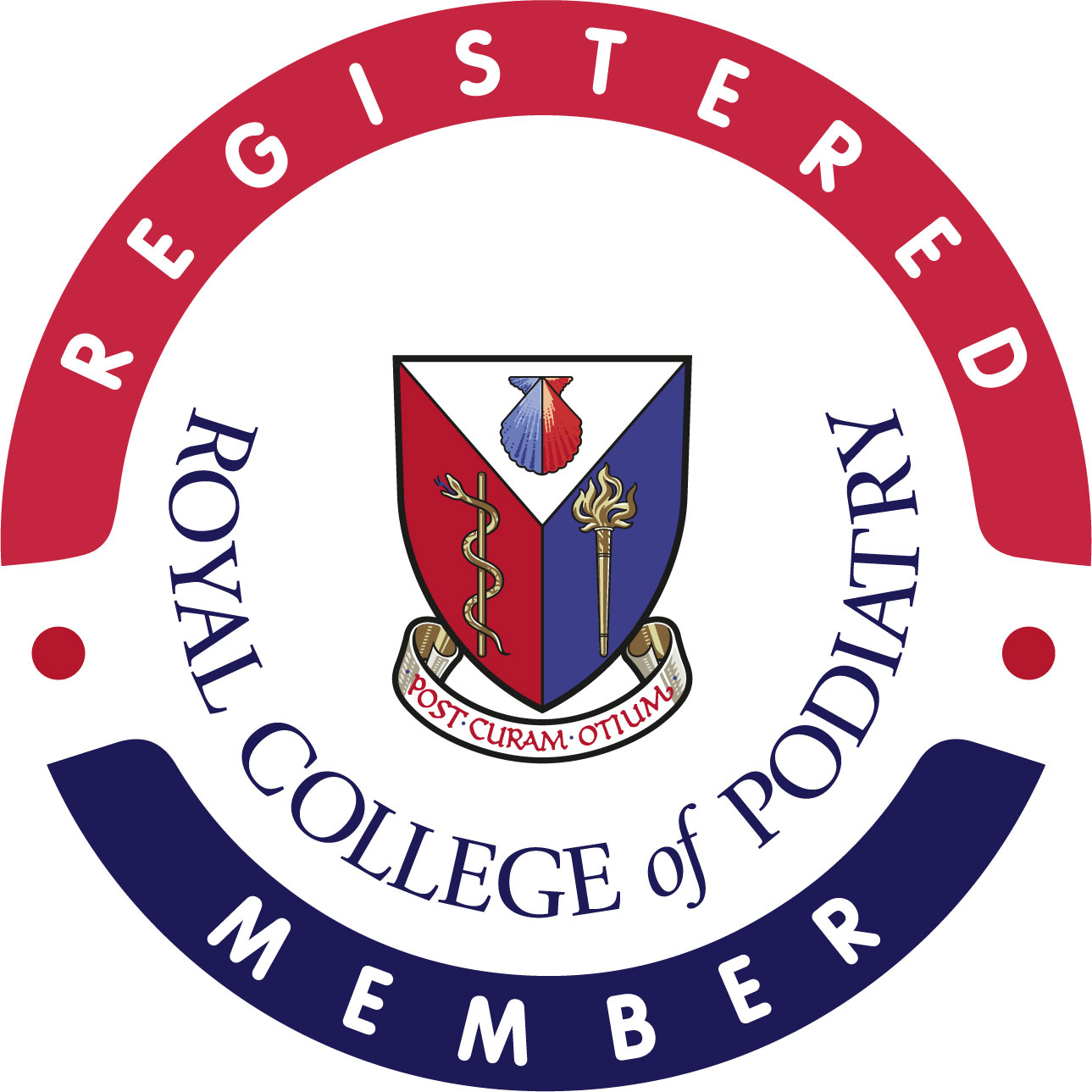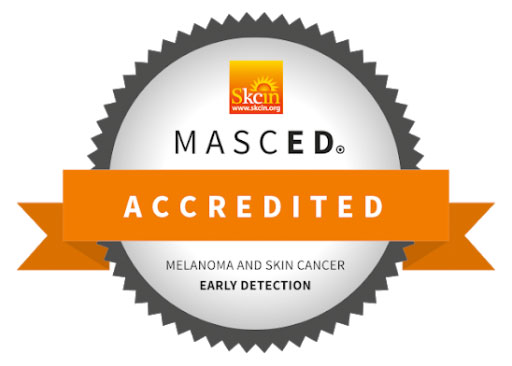Trusted and effective treatment for verrucas
Verrucas are plantar warts that commonly occur on the soles of the feet or around the toe area. They are caused by Human Papilloma Virus (HPV), which is contagious through direct person-to-person contact. There are various forms of HPV, which all relate to various parts of the human body. Verrucas are most commonly seen in children and young adults, but anyone is vulnerable to them. It is possible to develop immunity against the virus, but most people remain susceptible.
Book your treatment





